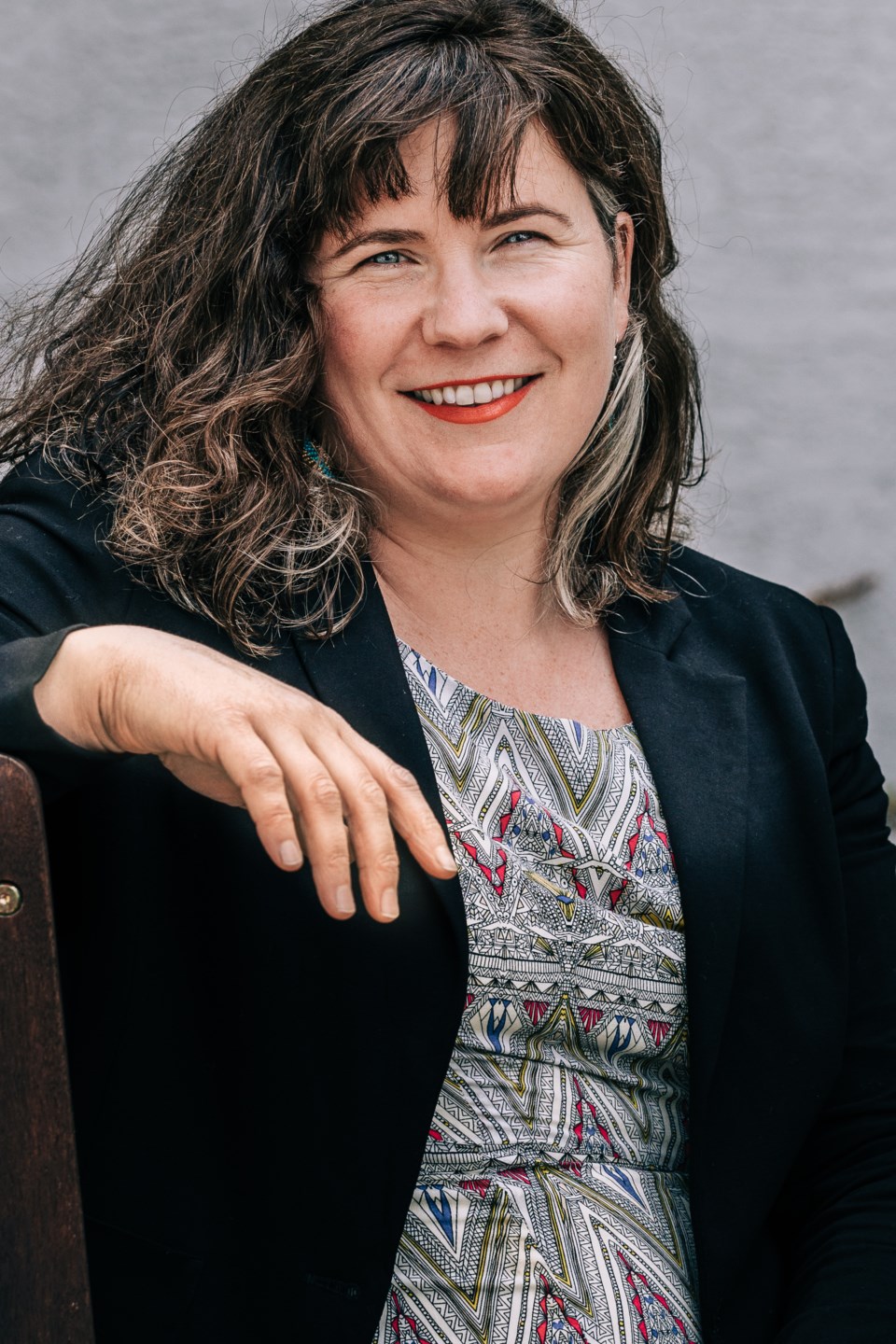For people living with a disability, finding suitable, meaningful work might be challenging.
For years, inclusion Powell River (iPR) has helped carve out employment positions and run a successful employment services program. iPR director of social economy, Leni Goggins, said that Powell River, “is an inclusive community, but there are people with disabilities not currently working that could be, if they had a more inclusive work environment.”
That’s why Goggins has spearheaded research projects such as inclusive manufacturing, which led to the launch of the manufacturing innovation social enterprise, OneLight Firestarter. Two recent social enterprises: Kindred Rebuild, a used furniture and household store, and Diversa Collective, a video production company, both employ people living with disabilities.
Goggins newest research project called A New Inclusive Economy, was recently chosen to present at a major conference in Vancouver this coming June.
“The project was chosen for us to present at this year’s CASE (Canadian Association for Supported Employment) conference, which brings together sectors and service providers that focus on supportive employment,” said Goggins. “That could include people with disabilities, new Canadians and those who face multiple barriers to employment.”
The Accessible Canada Act defines the term disability as “any impairment, including a physical, mental, intellectual, communication impairment—whether permanent, temporary, episodic in nature—that hinders a person’s full and equal participation in society.”
Living with a disability can mean a physical one, however, it can also be an injured older worker who needs help. 25 per cent of the Canadian population is living with a disability; that means one in every four persons has some kind of impairment that is a barrier to finding employment.
“After 30 years of focusing on inclusive employment for people with disabilities, we realized the employer side of the equation is missing,” said Goggins. “We support employers, of course, that is part of what we do, but we don’t often research or ask employers what it is that they are doing to be inclusive? Or what they are not doing.”
The research project gathered information from employers across BC and this will be the first time the findings will be presented, according to Goggins.
“The goal of the project is to develop a suite of practices and structural conditions for meaningful employment for people with disabilities,” said Goggins.
In other words, the project is meant to bring awareness to employers and long term changes to workplace practices, when it comes to creating inclusive jobs.
“For example; how do [employers] post jobs?” added Goggins. “Are there physical barriers in the workplace? Are there roles for people with disabilities in leadership roles?”
The New Inclusive Economy research project will be presented on June 8, 2023.
“The fun part is that we will be touring all of BC with the research findings,” said Goggins. “We will be visiting ten communities, and the goal is to co-facilitate a learning session between inclusive employment champions of a community and employers who are not yet inclusive.”
Goggins emphasized that this part of knowledge sharing is really about engaging employers who aren’t there [inclusive] yet. She wants those employers to know that “so many BC employers are successfully doing it.”
Goggins said she doesn’t want this research to sit on a shelf.
“We want it to live in the world,” she added.
In July inclusion Powell River will be hosting a big event to report on its findings.
“I grew up here,” said Goggins, “and I care a lot about this community.”





